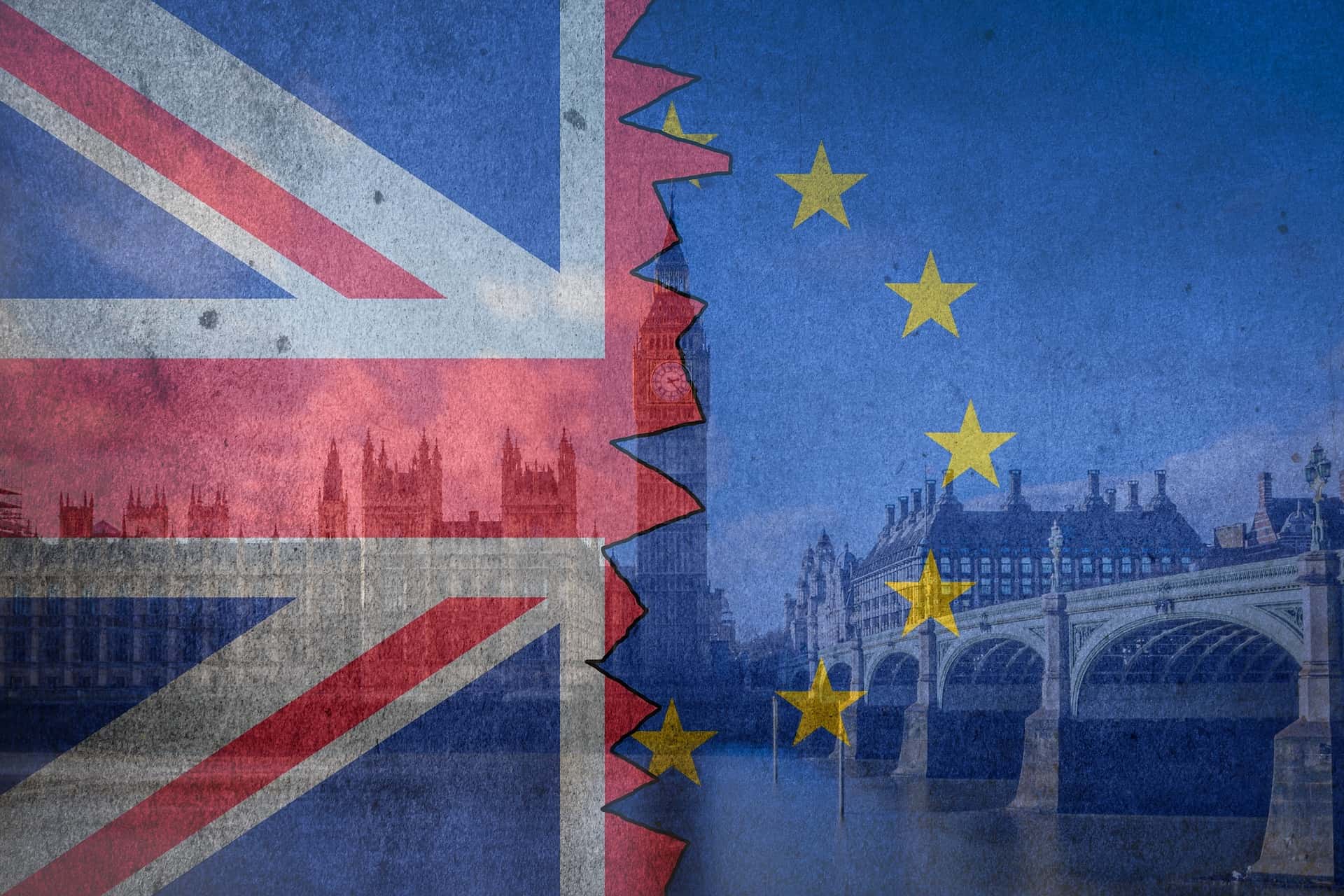
Brexit – what does it mean for technology, business, and public relations?
The question of what Brexit means for us all is still – 900-odd days after it was voted on – yet to be answered. What we can see is research that suggests the economy will tank, and some companies moving their European HQs from London to elsewhere in the EU. London FinTech darling Transferwise has even applied for a money-transfer license and opened an office in Brussels – despite saying that Brexit will have virtually no effect on its business.
Fintech isn’t the only sector predicted to be hit – and potentially to be hit hard. I decided to take a quick look at the issue at hand and attempt to boil down what this (personal opinion alert!) omnishambles actually means for the wider tech industry, as well as for PR.
Generally:
- Stuff is about to get pricey. I’ve spoken with a client who has had to insist that its suppliers keep stock in the UK warehouses it owns, instead of being able to ship next day from Amsterdam. Higher operating costs mean lower profits, which in turn means higher prices for end users.
- The actual stock value of firms may well drop. Two sectors in particular, consumer goods and consumer services look to be affected quite badly, as investors get spooked by a lack of spend. Sounds fun.
Security:
- There is always a lot going on in cybersecurity, it’s a turbulent industry that heralds change nearly every week. Brexit will likely complicate matters even further. Dr Tim Stevens believes that transnational policing is one of the main challenges that the UK will face post-Brexit. We will lose our seat on the management board of Europol, which means that “the UK will no longer be in a position to shape EU cybersecurity policy and regulation from the inside.”
- Whilst it’s certain that there will be no complacency from government and industry when it comes to the UK’s cybersecurity post-Brexit, it doesn’t make for easy reading. When plans and policies aren’t explained in plain English for everyone to understand becomes even worse reading.
Telecoms:
- The biggest problem that may affect us is Britain’s exit from the EU’s Roam Like at Home legislation, and with it, the regulation of roaming fees. Though there may be no plans to reintroduce roaming costs, there is nothing to stop them doing so? Thankfully we may well still be a member of the EU after March 29th, so this might give operators a chance to set out their plans in stone. Silent roaming was a pain for operators, and not being able to use your phone was a pain for consumers, and I don’t want that to be the case again.
Broadcast:
- Another market experiencing continued uncertainty where certainty is needed: surprise surprise. UK broadcasters are going to need assurance on the continuity of various licencing dealsthat it has with international channels and entertainment providers. Sports streaming service DAZN has recently secured a broadcasting license in Germany, and it isn’t the only ones; Turner, NBC and Discovery’s international channels have also taken this route.
- Discovery has also moved its European HQ out of the UK – does the rest of Europe have the broadcast rights to Swamp People? Because I want to watch the next series at home and not have to find a streaming service when I’m next on the continent should any licensing discussions prevent local broadcasting. This could potentially happen across the board with all foreign programming.
Business:
- SMEs make up the majority of the UK economy, and I’m sure they’re all quite nervous about the outlook post-Brexit – to varied extents at least. Granted, the majority of these more than likely do not export to Europe or abroad, but those that do may well be touched by loss of earnings.
- Larger multinational companies will be better off, undoubtedly, and for those who are in the technology space and are already GDPR compliant, the UK Data Protection Act 2018 will continue to ensure that they can operate in the UK. Let’s not forget it encompasses security by design, anonymity of data and PII, as well as server up-time, after all.
PR:
- From a personal point of view, I reckon communications will continue as normal – whatever normal actually is. There may be a few more hurdles involved with companies that have bases across the European mainland as well as the UK, but there is nothing that can’t be solved with a bit of prior planning. We’ll also have to continue to think globally in terms of comms for our clients.
- I’ve equally spoken to colleagues more experienced than I within the industry on their thoughts. What they’re thinking is similar to some clients: logistics are going to be important. Exchange rates might hurt our industry, knowledge of EU regulation around communications and data will become even more crucial, broader budgets may be cut if business shrinks – marketing and comms is often the first to go. From a PR point of view itself, spokespeople are going to need to know what Brexit means for them, even if it is a short statement because the media will ask!
Of course, regardless of outcome, industry has been rough and tumbled by the potential for havoc that Brexit has caused. Though it may or may not come to pass, a solid partner in navigating the new and perhaps difficult communications challenges that come with such a shift will be essential. As an agency with customers across all geographies globally, we know what it takes to craft messages that resonate with a global audience, not just a local one. We might even be able to help you with yours – drop us a line and see what we can do for you.





